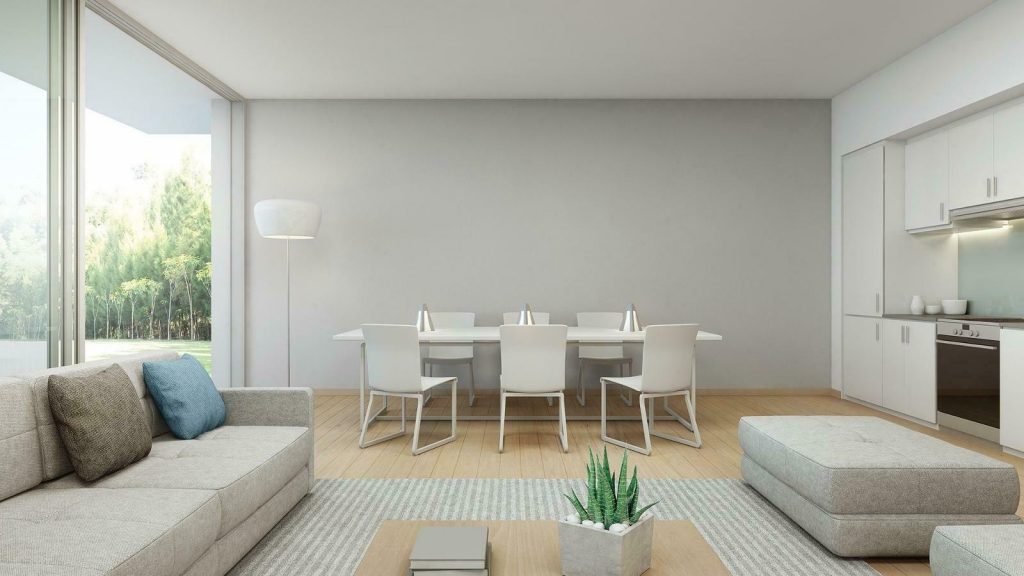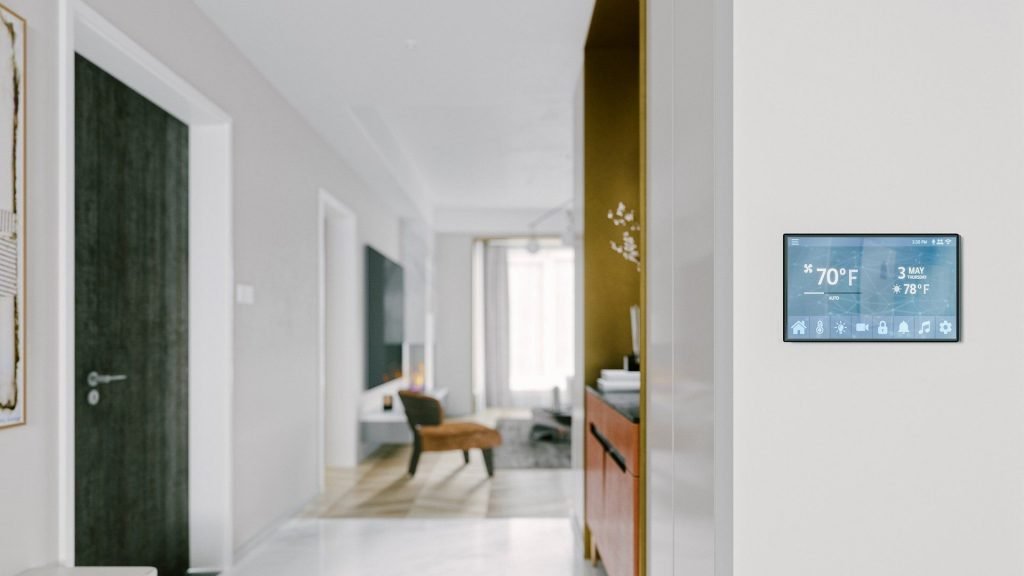Renting out an entire unit is not a cardinal rule. While most property investors employ this strategy, other long-term real estate investment options exist, such as room rental.
Some landlords find that renting by the room yields better income. So, which one should it be: renting out individual rooms or the whole property?
The truth is, there is no one correct answer. Managing a property or room rental is about profit maximisation, and there are various factors involved.
Let’s explore the two options and how their benefits differ so you can make an informed decision.
Whole Property Rental
As the more popular choice, renting out an entire unit can be more convenient for the time-constrained landlord. Aside from requiring the least administrative effort, you also receive a consistent flow of income with less management.
1. Minimal administrative effort
Renting out a whole property is fundamentally easier because you only deal with one tenant at a time. No more pursuing individual rental payments from separate tenants.
Landlords who travel a lot and therefore cannot manage investment properties directly can opt for this option. When arranging for maintenance or repairs, you can just notify the unit’s head tenant rather than coordinate with several tenants for them to be home during these works.
Moreover, renting out a whole unit demands lesser work concerning local housing codes and legislation.
2. Fewer management problems
Real estate is an industry that handles people. With rental properties, there’s always some degree of tenant management.
However, landlords who rent whole properties to a single-family can reduce such responsibilities. You no longer have to address the different issues and needs of multiple tenants or act as a mediator.
3. Longer leases mean stable income
Whole unit leases are likely to be longer, at least two to three years. On the other hand, a room rental usually sees a higher tenant turnover, risking frequent vacancy periods.
If you wish to manage income expectations and improve your bottom line, conventional renting is the way to go. Families who rent whole units are ready to settle down, which could work in your favour as a landlord.

Room Rental
Depending on your area, you might need a rooming house license to rent by the room. Renting separate rooms contains its own advantages, including a higher return on investment and a lower chance of total vacancy.
1. Slim chances of total vacancy
Renting to multiple tenants can reduce the risk of 100% vacancy. So even if one of your tenants leaves, you will still receive some rental income from other tenants.
Plus, not all your tenants are bound to pay their rent late. You can still ensure a steady stream of income with individual tenants.
Meanwhile, you’re more likely to experience total vacancy and zero rental income when leasing an entire unit. This predicament can make turnover periods especially difficult.
2. Higher return on investment
The math and logic are pretty straightforward — renting to more people earns you a higher return in rental income. For instance, if you have rented out a whole property for RM2,000 but rent to three separate tenants for RM800 each, you would be generating RM2,400 a month.
Some might argue that renting rooms cost more in servicing and repairs. But, landlords can offset this with higher room rental rates or varying rates depending on individual rooms and their conditions.
3. Catering to students in college towns
Let’s say your investment property resides in a university town. Room rentals would then fit the key demographic of the region, which is students.
College students have a tight budget and prefer this living arrangement, meaning your room rental would be in high demand. You may worry about late payments regarding student tenants, but observe whether their parents are the ones paying rent.
Furthermore, the best part about student tenants is that they might recommend your rental space to others when they leave. Of course, you would have to play your part as a reliable landlord.

In Short, What’s Your Rental Purpose?
Rent-by-room or renting an entire property comes with their risks and rewards. As a property investor, it is up to you to decide the next logical step.
It all depends on your rental property’s location and regional demographics and your time and resources for tenant management. Typically, the nature of room rentals is regulated by zoning laws based on several factors you should also consider.
Those who decide to go the room rental route can utilise Rumah-i’s Home Renting App, available on the App Store and Google Play. Start listing for free today!




